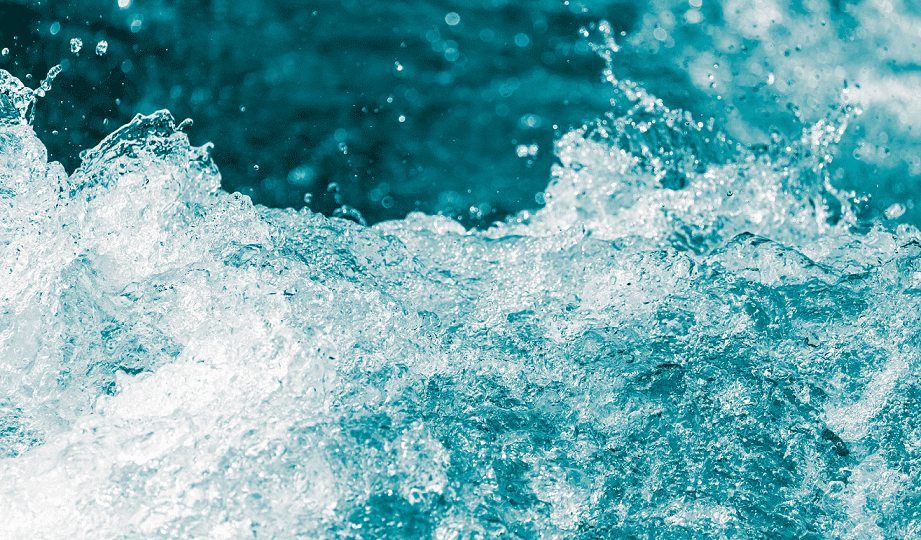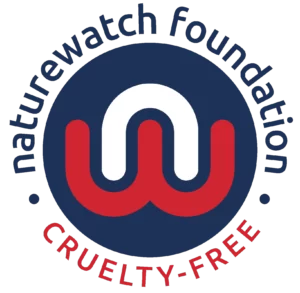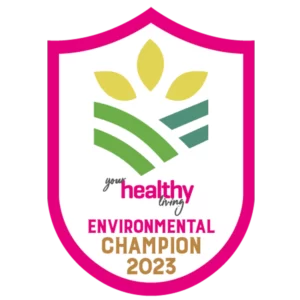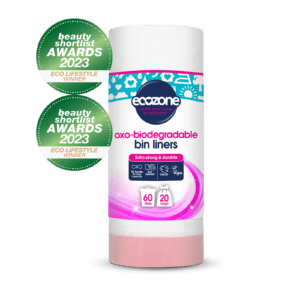World Water Day: Threats to the World’s Water Supply
Held on 22 March each year since 1993, World Water Day focuses on the importance of fresh water. Organised by the United Nations, it’s a day to celebrate this vital resource and raise awareness of the 2.2 billion people living without access to safe water.
Many of us take access to water for granted. It’s currently under extreme threat from the growing world population, increasing demands of agriculture and the impacts of climate change. This year’s World Water Day theme is about what water means to people, and the UN is asking us to consider how we can help protect it.

Cleaning products
Many cleaning products contain harsh chemicals that can contaminate the water system. Unfortunately, water treatment plants aren’t able to remove all the nastiness from waste water. Due to this, it’s important to choose products which contain ingredients that will be kinder to the environment. All of our cleaners are safe for aquatic life and septic tanks, which is a good indication that they’re not going to cause problems once they’re washed away. Many of our formulas are also biodegradable, which means that they will naturally decompose in the water system.

Agriculture
One of the biggest threats to water is animal agriculture. The Vegan Society has stated that it takes at least three times the amount of water to feed a meat eater compared to a vegan. Also, considering that farming uses about 70% of the planet’s accessible freshwater, it’s easy to see how going vegan or cutting down on meat could help limit water waste. Agriculture is also the number one water polluter, as manure and slurry from livestock containing nitrogen and phosphor end up polluting lakes, killing fish and endangering the health of animals.
Microplastic
Put simply, microplastics are pieces of plastic that measure less than five millimetres. These are either created on purpose or from fragments of bigger items. Some of the worst offenders are microbeads from personal care products that we wash down our drains and plastic fibres that shed from textiles when we do our laundry. In fact, it’s estimated that one load of clothes in a washing machine releases about 700,000 fibres per wash. To limit your impact, wash only when necessary and opt for lower temperatures. There are also bags available which limit how much fabrics shed their fibres during a wash.
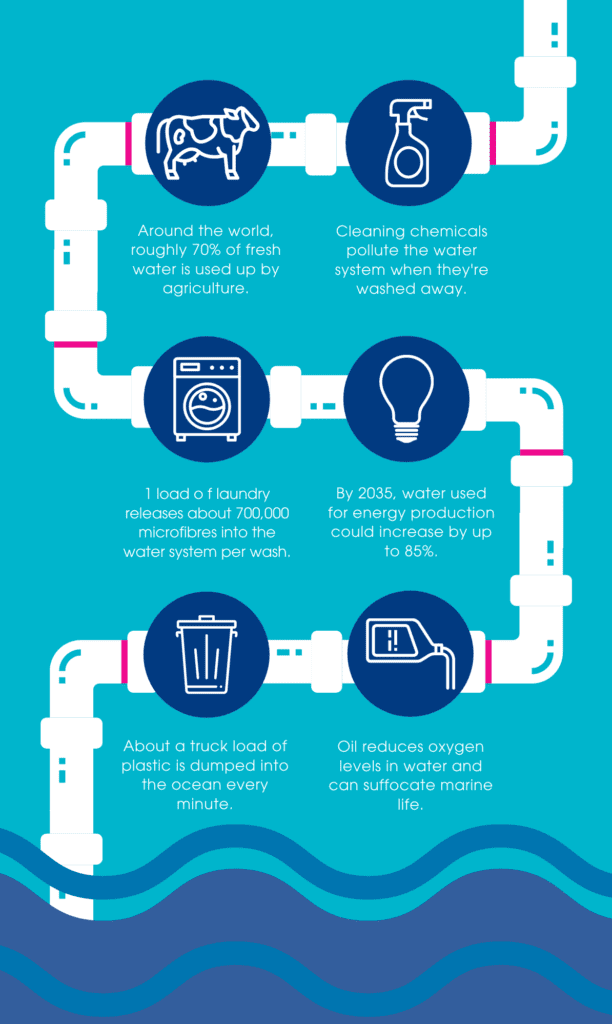
Energy
All energy sources need water to be produced. This might be to extract raw materials, for cooling in thermal processes, during cleaning or to cultivate crops for biofuel. A massive 90% of all power generation is water intense and it is estimated that to keep up with the amount of energy needed, water consumption for this purpose will increase by 85% by 2035. For most of the population, the way we live requires us to use lots of energy, but we can still be careful and limit this as much as possible. Doing the obvious things like turning lights off when you leave a room will help save water as well as electricity.
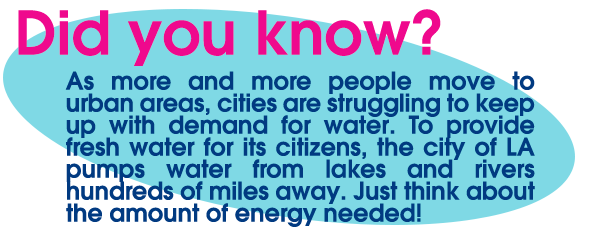
Oil
Oil spillages into the ocean are a known and very obvious threat to water and marine life. Did you know that the oil we use in our homes can also have damaging effects on the environment? When this ends up in rivers and lakes, it can build up and reduce the water’s oxygen level, which can suffocate wildlife living in it. To dispose of oil properly, pour it into a sealable container and dispose of it with your household waste. Never pour oil down the drain as this will send it straight into the water system, and can also cause drain blockages.

Waste
We’ve all seen images of beaches blanketed by plastic waste and it has been estimated that the equivalent of one garbage truck full of plastic is dumped into the ocean every minute. We can all play our part by making sure to recycle and being responsible about our waste. Limiting plastic use by reusing containers and shopping in plastic-free shops can help. At Ecozone, we’re continuing to make more and more of our range plastic free and making sure as many of our bottles come from post-consumer recycled plastic as possible. You can also now get 5-litre refill packs of many of our products to help cut down on waste.
If we can all make small changes in our daily lives, we can help everybody around the world get closer to having clean and safe water. Check out www.worldwaterday.org to see how you can get involved.

